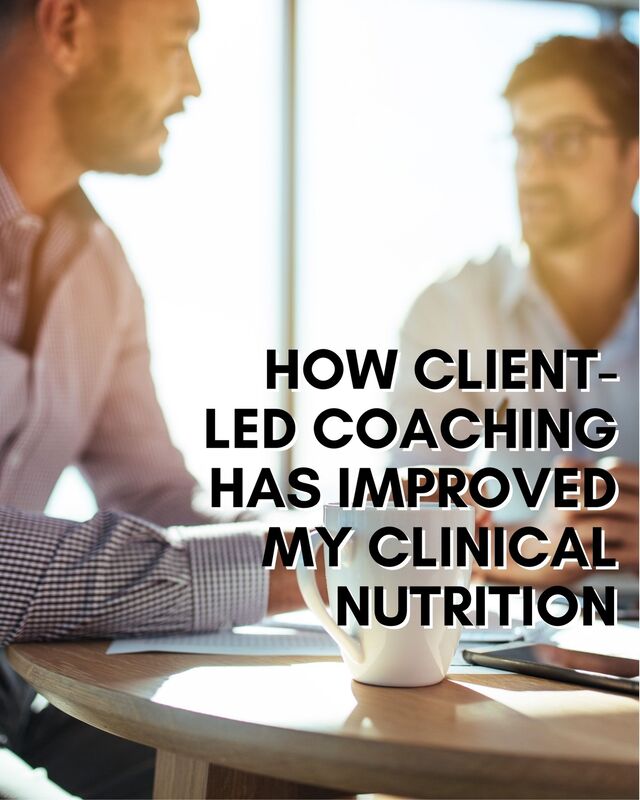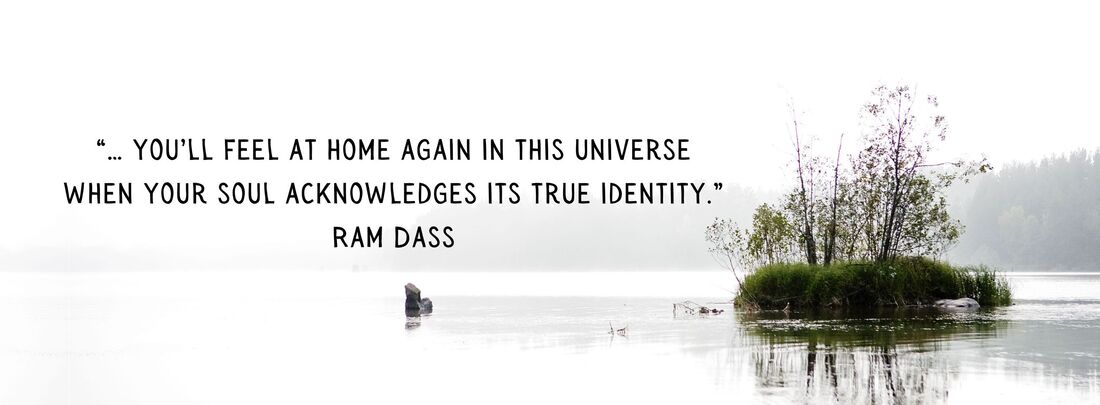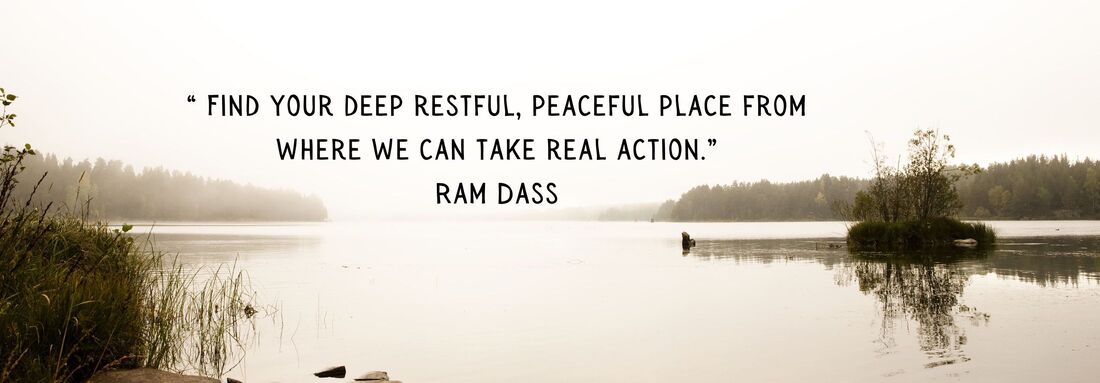- Home
-
Qualifications
- Diploma in Nutrition and Health Coaching
- Womens Health and Wellness Coach Certification
- Certified Coaching Professional Program
- Diploma in Coaching for Lifestyle & Wellbeing Management
- Holistic Wellness Coaching Program
- The Ultimate Triple Qualification
- Health Coaching Electives
- Wellness Coaching for Professionals
- Coach Gap Training
- Professional Certificate in Meal and Menu Planning
- Accreditation, Registration & Insurance Options
- Degree & Diplomas
- Short Courses
- Testimonials
- Enrol
- FAQs
- About
- Contact
- Login
- Things We Do
|
In honesty I felt like I had a pretty good handle on how to work with behaviour change, how to be client-led, and how to work effectively with clients; after all I had a double major in psychology and education along with post graduate quals in nutrition and higher learning, but I have to tell you I was off the mark. In short, the ICF-accredited coach training I undertook with Well College Global challenged me more than any other clinical training I had undertaken, it changed me personally too. I was asked ‘can you give up the need to be the expert?’ And looking inside I realised only then that I wasn’t wholly client-led. Most of us come to allied or primary health care with a deep need to want to help others, and I personally believe many of us have an intuitive alignment with healing. Often as we embark on our studies, we bring with us a readiness to dig deep, to research, study, be informed, to be stewards of natural health, and to give our best to our clients. However, true healing I feel is often a journey inwards. As practitioners we might ‘shine the light on’ and ‘walk alongside’ clients for part of the distance, but the full journey is the individuals. If you’ve studied yoga or Ayurveda you may be familiar with the Bhagavad Gita which reminds us to let go of our attachment to outcomes. It says for us to be of service to others we must be the best we can be so we can give our absolute best to each individual. Our thoughts and actions we have influence over, beyond this we will need to let go and release attachment. Coach mirrors this philosophy; as I moved through the course I began to realise that I had been so attached to client outcomes, this is where frustration and other feelings can arise. Here’s a short example I’d love to share. I felt mortally upset at the passing of a dear friend who in fact survived years longer than the timeline she was given. I so clearly recall whispering to her weeks before her death ‘I am so sorry I couldn’t save you’ and sitting in my car afterwards for 20 minutes in a wash of tears, guilt and disappointment. I see now it wasn’t for me to rescue my dear friend, she was taking every piece of information she could and actioning it with zeal, and she was grateful to herself and to all those who enabled her to live the days as she wished. THE SIX MOST POWERFUL KNOWINGS I GAINED FROM ADDING A COACHING QUALIFICATIONA well-designed and immersive coaching program teaches us that to truly be of service to others it’s ideal to:
In embracing these states of being we are able be in the moment and attuned, and as my coach says we can ‘coach the person and not the problem’ because if we do this well they will find or recognise the tools and processes they require to resolve or solve the challenges they face. A coaching program will explore areas such as:
Are you wondering what this looks like in practice? It acts as a framework for each session, where every session is focused with a clear direction the client has been a stakeholder in. It enables you to move between coach - mentor – practitioner so you can invite introspection as well as provide guidance in a manner that keeps the client an active partner in the healing process. It is incredibly powerful, to witness a client connect to a deep realisation, often they will say ‘that’s a great question’ or ‘I’ve never thought about it that way’ and as you hold the space for them you will be gifted the witnessing of their clear vision forward. In your coaching program you are able to work on connecting to the subtle energy shifts in clients and it’s in these moments, when clients connect to themselves as the person most able to care for them, that magic happens and transformation takes place. WHY DOES ANY OF THIS MATTER? Many health care professionals today are finding ways to move beyond the paradigm of ‘medication before healing’. If we are to be successful in moving toward true healing from natural law position, one that places the client/patient first, then health literacy will be central to the process. Placing clients in the ‘driver’s seat’ is a concept that is liberally used today across many regions, and while the intention is positive, few if any express what this looks like. Many regions recommend that practitioners encourage clients to focus on ‘non-medical aspects’ rather than the medical aspects of their health concern. Essentially this appears to suggest the general public are not able to process their health challenges, or the complexity of them. I wonder who is best placed to tell others where their responsibility for their health begins and ends? Surely this resides within most of us? WHAT SORT OF COACHING QUALIFICATION SHOULD I LOOK FOR? I understand there is a sense that anyone can be a ‘health coach’ and this can appear to dilute the credibility. However, setting aside the importance of enabling the community to be informed, there are some coaching modalities that are increasingly welcomed into many settings. For example, we are seeing a growth in dedicated ‘wellbeing managers’ in construction, mining, banking and broadly across the corporate sector. We’ve noted that often a requirement for this role is to hold International Coach Federation (ICF) credentialing. In the pacific we have seen the emergence of a regional peak body, Health Coaches Australia and NZ (HCANZA), who have standards by which training providers can have their training measured against. ICF is the international gold standard in coaching (across all forms of coaching from business, life, leadership, health and beyond). While HCANZA is our regions equivalent for health and wellbeing coaches to demonstrate clear competency and credibility. A program that holds both of these accreditations is ideal as it will enable you to determine which recognition most aligns with your clinical practice and vision. If this speaks to you and you take up coaching as a mode of connection to your clients, no matter where you study, I truly commend you and wish you well, because you are a conduit between knowledge and real change in our communities. AuthorWords by Leanne Cooper
0 Comments
Leave a Reply. |
AuthorsBev Whyfon; Bev's Healthy Food Archives
July 2024
Categories
All
|
|
CONNECT WITH US
|
- Home
-
Qualifications
- Diploma in Nutrition and Health Coaching
- Womens Health and Wellness Coach Certification
- Certified Coaching Professional Program
- Diploma in Coaching for Lifestyle & Wellbeing Management
- Holistic Wellness Coaching Program
- The Ultimate Triple Qualification
- Health Coaching Electives
- Wellness Coaching for Professionals
- Coach Gap Training
- Professional Certificate in Meal and Menu Planning
- Accreditation, Registration & Insurance Options
- Degree & Diplomas
- Short Courses
- Testimonials
- Enrol
- FAQs
- About
- Contact
- Login
- Things We Do




 RSS Feed
RSS Feed
